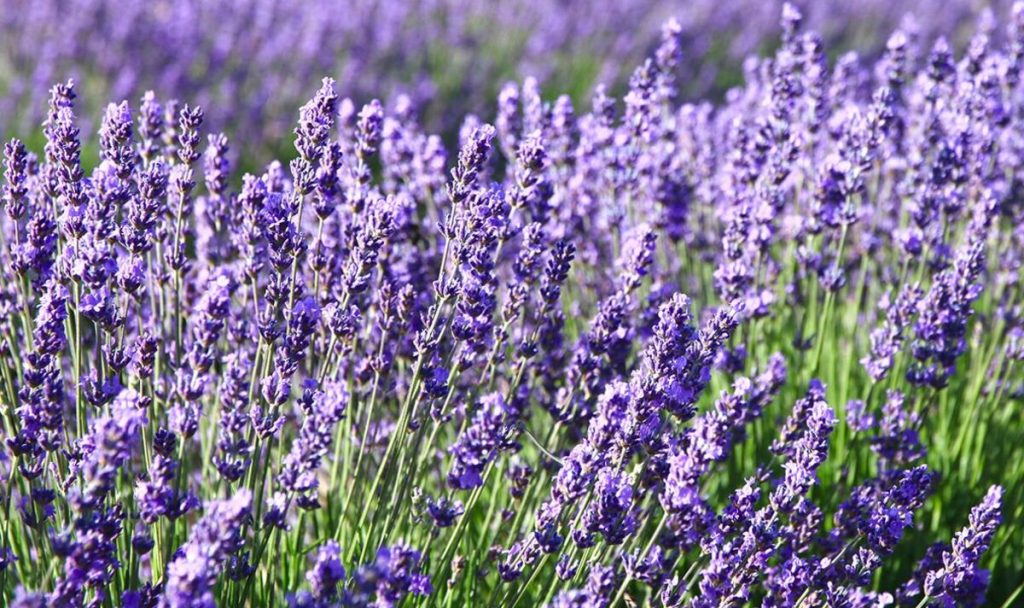
As one of the summer’s most fragrant and abundant plants, it is little surprise lavender is the envy of all gardening enthusiasts.
Aside from being revered for its therapeutic and culinary qualities, the purple bloom is also popular among wildlife like bees and butterflies.
Gardeners are encouraged to be prudent when trimming lavender to avoid cutting too far into the stem, which can cause lasting damage.
Experts at Your Indoor Herbs endorse this advice and warn that over-pruning could lead to the eventual death of a plant.
The website explains that the correct pruning method for home gardeners is to, first and foremost, ensure that they are using sharp shears.
Additionally, the plant should only be pruned while it is actively growing, which is typically at the start of spring and as late as summer.
“Lavender plants should only be cut on the soft mostly green portions on their stems for proper printing,” the experts add. “Their stems can only be cut as low as three nodes above the brown woody parts by the base of the plant.
“Otherwise, plants could die completely when all the woody stems are cut.”
Not only does flowering improve with pruning, but the plant can also see its life span extend by about five to seven years in some cases.
As a rule of thumb, experts generally suggest removing shoots within one inch of the previous year’s growth. The best place to cut the shoot is a smidge above the side branches and leave nodes, which tend to be green.
Going any lower could lead the gardener to the woody part of the plant, which should only be cut when tidying up the structure of the plant.
It should be noted that failure to prune lavender altogether can cause it to become woody and unattractive within just a couple of years.
The plant will come back year after year if you steer clear of these mistakes, however.

 Latest Breaking News Online News Portal
Latest Breaking News Online News Portal




